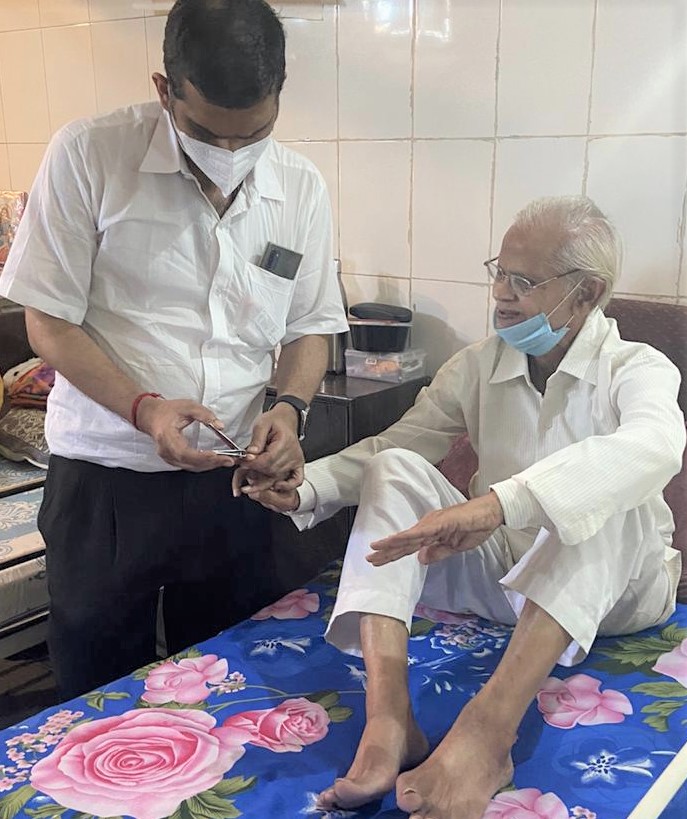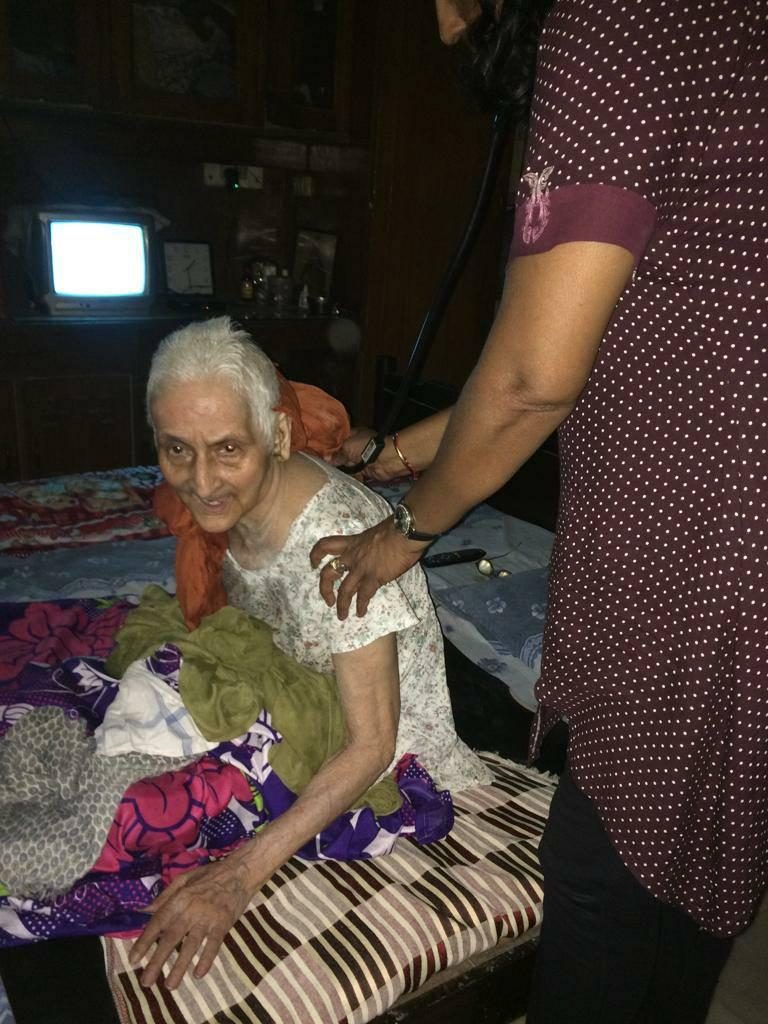When a family member is diagnosed with Dementia, the effect on the entire family can be seen. Dementia can affect all aspects of a person’s life and also the relationships with the family members and friends. The relationships with the member after being diagnosed with Dementia change eventually, whether purposely or not. Caring of a dementia patient as a family member often presents many challenges. The patient suffers changes in social interactions which influences the individual’s ability to independently perform activities of daily living.
Usually, the diagnosis can trigger a range of emotions in the patient include anger, frustration and sadness. The family has its own history of relationships, roles and experiences which will affect the individual and can help the patient to react to the diagnosis and also the family members to provide better care and support.
This can be achieved by a variety of ways:
- Share responsibility: If your family member has been diagnosed with dementia, try to divide the workload and time spent with the patient among yourself such that one person is available for the person always when needed.
- Spend time together: Talk to the patient daily, spend time over lunch, dinner, etc. Ask every member of the family to have meals together with the patients. Interact with the person.
- Get grandkids involved: Ask the grandkids to work on and play some board games with their grandparent everyday or every week.
- Invite visitors: Loneliness can really affect the older adults, especially if they withdraw from social events or relationships. Invite visitors to visit the patient, whether on a one time basis or weekly. Ask them not to discuss the problems they are facing because of ageing, as it may irritate the patient. Ask them about their past happy memories.
- Keep them happy: take them out on a family outings like, for a movie or picnics, etc. Try to make them happy and make them laugh.
- Make them feel comfortable: As already after the diagnosis the patient tries to question themselves about the abilities. Make them feel comfortable and act normally to them. Try to spend quality time by giving your attention to them.












